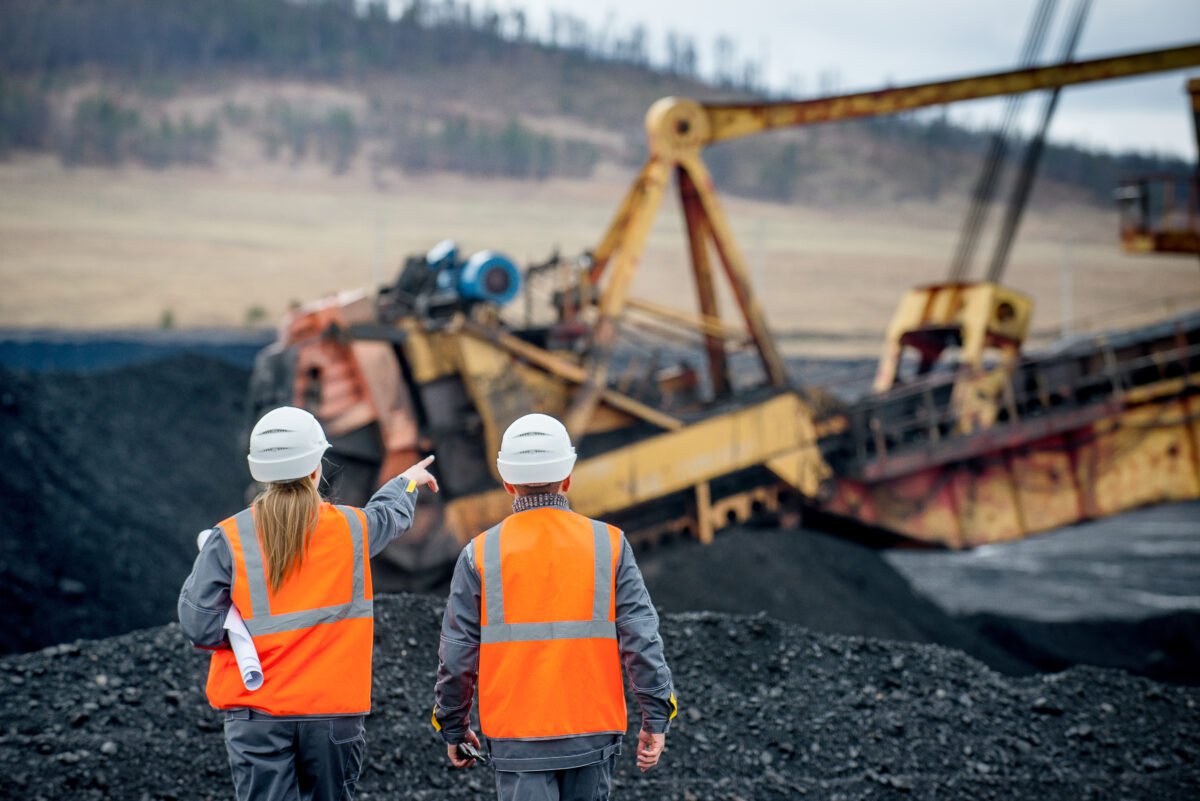If you’re involved with mining work, you may require a reclamation bond at some point. More likely, you will require this kind of commercial bond multiple times throughout your career. While this is certainly not an all-inclusive list, here are some common land use types that require reclamation bonds to be in place:
· Surface mining of all types
· Oil well drilling and plugging
· Recycling facilities of all types
· Storage of hazardous materials
Therefore, it’s important to understand how reclamation bonds work, how they affect your business, and why you need to take the bonding process seriously. In this blog, we will outline everything you need to know about reclamation bonds.
What is a Reclamation Bond?
In the simplest terms possible, a reclamation bond is a guarantee that a mining company will restore any land it mines to either the original state or to a condition stipulated in the mining contract. If the contractor fails to restore the land as required, the reclamation surety bond holds the contactors financially responsible.
Like all kinds of surety bonds, reclamation bonds provide a mechanism for one party to hold another party accountable for unethical or unlawful behavior. The wronged party may file a claim against the surety bond seeking damages. The company that issues the bond will then investigate the claim. Provided that the claim is true, the surety company pays for it in full. Lastly, the surety collects the amount of the claim plus interest and fees from the party that has financial responsibility under the bond agreement (in this case the mining company). By entering into a bond agreement, it becomes impossible for a mining company to abandon its responsibility after a mining project concludes.
Why Get a Reclamation Bond?
Most mining contracts require a company to get bonded before they’re allowed to break any ground. When required, there’s no wiggle room. Contractors will need to prove they have a bond before they’re awarded a contract, and they will need to keep that bond active for as long as the contract stipulates. The mining company bears the full financial cost of the bonding process, but it’s a necessary business expense since these bonds are more or less mandatory for mining projects. If you require a reclamation surety bond, work with Viking Bond Service to get a fully compliant bond at competitive rates in almost no time at all.
Requirements for a Reclamation Bond?
The requirements vary depending on the applicant and the size of the bond. In some cases, applicants must put up collateral equal to some or all of the bond amount. For example, a $100,000 bond may require $50,000 in collateral. But the collateral requirement isn’t universal, and if you work with the right surety bond provider you’re less likely to face a collateral requirement. The only other requirement is that you pay the premium to activate the reclamation bond. Expert the premiums to cost a small percentage of the total bond amount, typically less than 10% of the total. Exact amounts depend on the applicant’s credit. Some surety companies will deny an applicant with bad credit, putting his or her mining business in serious jeopardy. Viking Bond Service isn’t one of those companies – we do everything possible to approve applicant’s even if they have bad credit.
Who are the Parties Involved in a Reclamation Bond?
The mining company is one of three parties involved in the surety bond agreement:
- Principal – The mining company that pays to get bonded and pays to settle claims filed against the bond.
- Obligee – The government agency responsible for land where mining occurs. The obligee has the right to file a claim for financial compensation to recoup the cost of land mistreated by mining companies.
- Surety – The company that issues the reclamation surety bond and agrees to settle any claims if the principal can’t or won’t settle. When the surety pays, however, the principal must pay that amount back in full.
How to Apply for a Reclamation Bond?
The underwriting process takes longer for reclamation bonds than some other kinds of bonds because they’re non-cancellable – meaning the bonds stay active for years (during and after a mining project). The surety company accepts a lot of risk with this type of surety bond, so they take their time evaluating applicants, and many require collateral as well. To apply, you will need to submit a bond application, a financial statement, and anything else the surety company requests. Work with Viking Bond Service to make the application process easy and efficient.
Viking Bond Service – Reclamation Bond Experts
It shouldn’t be a hassle to get bonded. That’s why people work with Viking Bond Service. As a nationwide surety brokerage, we issue reclamation bonds in all 50 states at competitive rates. For more information, contact our team directly at 1-888-278-7389 or through the contact form on this page. You can also get the application process started now by completing this online application.


